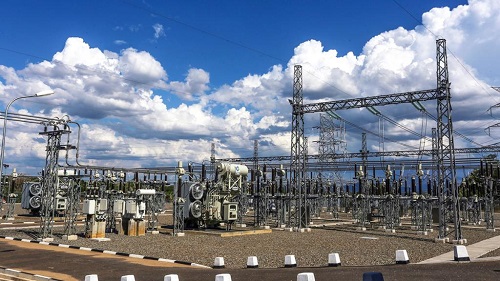
The Advocata Institute today called on the Sri Lankan government to reaffirm its commitment to the critical reforms initiated by the 2024 Electricity Act. The think tank emphasized the necessity of legally separating the Ceylon Electricity Board's (CEB) functions and fostering a competitive and transparent electricity industry.
"The 2024 Electricity Act was a landmark step towards a more efficient and accountable energy sector," said Dhananath Fernando, Chief Executive Officer of the Advocata Institute. “Sri Lanka cannot afford to fall back into a monopoly-driven model at a time when attracting private capital and enhancing efficiency are critical to economic recovery and energy security,” Fernando further said.
In its newly released paper, "Powering Forward: Why Unbundling the CEB is Critical for Sri Lanka’s Energy Future," Advocata warns that proposed amendments to the 2024 Electricity Act threaten to reverse decades of progress in the sector. The Institute states that such reversals could severely undermine Sri Lanka’s economic and fiscal stability.
The paper critiques some of the 2025 amendments to the Sri Lanka Electricity Act, which seeks to reconsolidate the Ceylon Electricity Board (CEB) by placing generation, transmission, and distribution under 100% state control. Advocata argues that this reversal would entrench inefficiencies, deter private investment, and further strain already constrained public finances.
The position paper outlines 3 key reasons for why Sri Lanka should reconsider reconsolidating generation, transmission, and distribution under 100% state control.
● Sri Lanka’s Challenges Demand Private Capital: Continued reliance on public financing to cover the CEB’s losses and infrastructure needs is fiscally unsustainable. Circular debt, state guarantees, and legacy liabilities already burden the Treasury, threatening Sri Lanka’s ability to maintain its primary surplus and meet IMF commitments. They also undermine the country’s creditworthiness, limiting access to capital markets and affordable borrowing. Unbundling the electricity sector can help address this by creating a range of investment opportunities, allowing private investors to engage in specific segments that align with their risk-return preferences.
● Unbundling the Electricity Industry Has Economic Merit: Drawing on some global examples, the paper demonstrates how unbundling has improved operational efficiency, transparency, and service delivery, particularly when supported by competitive tendering and strong regulatory oversight.
● Strategic Interests Can Be Protected Without Full State Ownership: Global and local experience shows that strategic assets in generation, transmission, and distribution can be safeguarded through strong regulation, public-private partnerships, and majority state ownership, without full state monopolization. The paper highlights the case of Lanka Electricity Company (LECO), a publicly owned but commercially governed distributor that has consistently delivered operational efficiency and innovation due to competitive pressures. Rather than dismantling LECO and absorbing it into a centralized, 100% state-owned entity (as proposed), the paper argues that this successful model should be replicated and scaled.
The full position paper is available for download at: https://shorturl.at/Bijus
(https://www.advocata.org/media-archives/2025/07/09powering-forward-why-unbundling-the-ceb-is-critical-for-sri-lankas-energy-future )
Subscribe to our newsletter to get notification about new updates, information, etc..